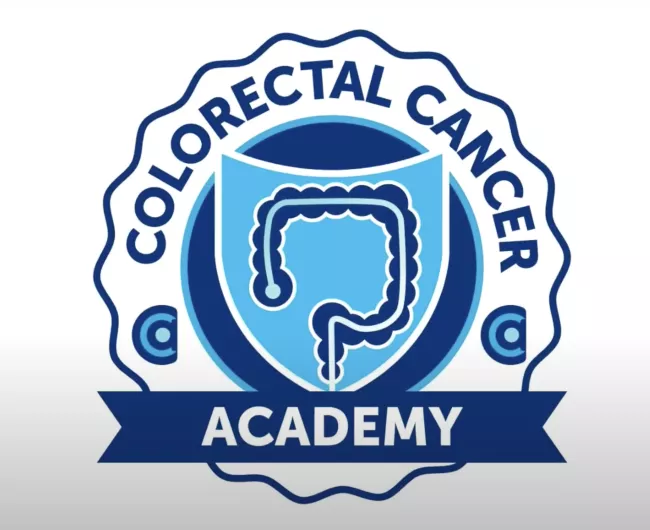How to talk to your doctor about screening
It's important to know how to talk to your doctor about colorectal cancer screening, particularly if you are having symptoms or have a family history.

Tips for talking to your doctor about symptoms
It's not always easy to discuss colorectal health symptoms, but it's important to tell your doctor about your concerns.

Who should be screened and when?
The American Cancer Society recommends that adults without a family history should begin colorectal cancer screening at age 45.
However, individual risk factors such as ethnicity, lifestyle, and family history will determine when you should start screening.
When you're under 45: talking to your doctor about screening
- If you are under 45 and having symptoms that may be consistent with colorectal cancer, you need to discuss early screening with their health care provider.
- If you have a family history of colorectal cancer, you should also talk to your provider about early screening.
- This discussion may be difficult, but it's important to speak up and request early screening.
Physician-related delays (e.g., missed symptoms, initial misdiagnosis) have been estimated to occur in 15-50% of young-onset colorectal cancer cases.

Advocate for yourself to save your life
- Younger patients diagnosed between the ages of 19-39 were more likely to report that their concerns were dismissedby their doctors than patients who were diagnosed between the ages of 40-50, according to the Alliance's survey.
- Women were more likely to report that they felt their symptoms and concerns were dismissed by their doctor.
If you feel like your provider is not taking you seriously about signs or symptoms, advocate for yourself and, if needed, seek a second opinion.
Know the signs
Colorectal Cancer SymptomsTop resources

Legislation introduced to address young-onset CRC
Explore the urgent need for the Colorectal Cancer Early Detection Act (HR 7714), legislation aimed at combating the rising incidence of colorectal cancer among younger adults through enhanced screening, education, and research.

EPIC Act to Advance New CRC Therapies Needs Support
The EPIC Act would encourage investment in clinical trials for additional uses of existing drugs.

Cousins to Rev Down Route 66 for a Reason
In a remarkable blend of adventure and advocacy, cousins John, Mitch, and Mike are gearing up for a cross-country charity journey along Route 66. Their mission? To raise awareness and support for two important causes: cystic fibrosis and colorectal cancer.





